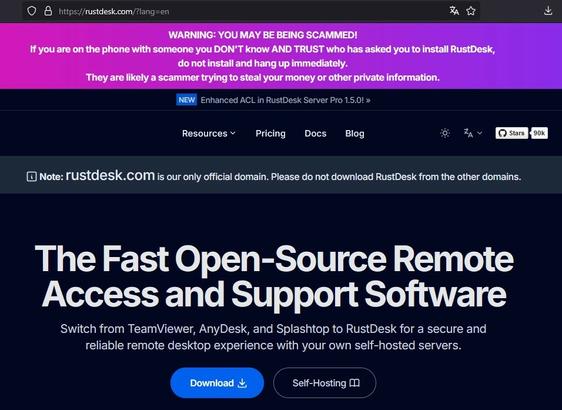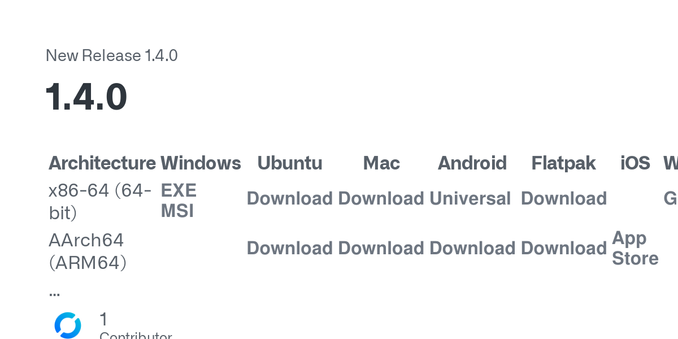@ranx @stux I migrated to RustDesk a little while ago. What RustDesk lacks over TeamViewer is the "portable" QuickSupport exe file you download and start. RustDesk currently requires a full install.
Public servers works great for shorter support sessions. And it's nice that clients can be setup to require a TOTP token for access - or that the user behind the remote can just click accept without any password handling (you've already exchanged the ID). The remote ID can also be longer than on TV.
On Windows RD can be (optionally) configured to handle privilege escalation to get admin access remotely. Plus it handles multiple monitors from the remote host quite excellent. All settings are properly preserved.
The Android version requires quite some extra hoops to work well. You're mostly guided through the needed steps, but often need to be done again next time remote access to an Android device is requested.
The Linux side (tested on RHEL 8 to 10) will pop up some warnings and the user behind the remote host need to click the right buttons.
I generally find RD being at least as good as TV, with self-hosted server(s) as an option. It works great via public relay servers and even directly peer-to-peer on a VPN (consumer VPNs not tested). Linux and Android seem to have a stricter access control in the OS, requiring more interaction with the user requesting help.


